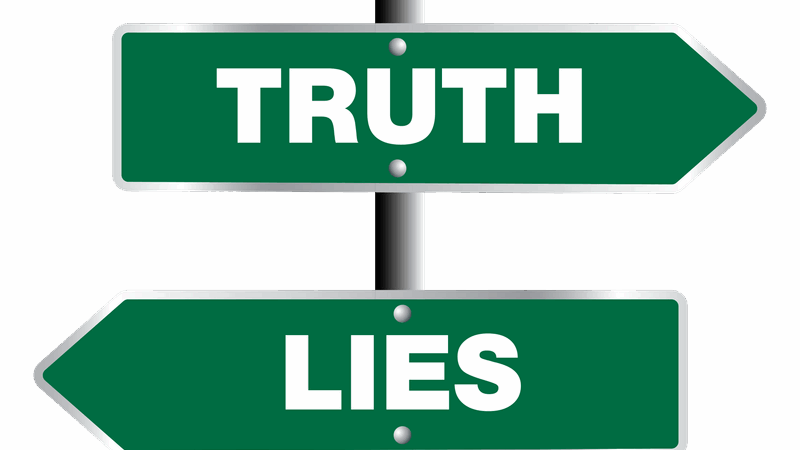Can calling someone an idiot, moron, or worse amount to defamation in Australia? With the rise of social media, this question is more relevant than ever.
At Allen Law, Melbourne’s go-to defamation lawyers, we often advise clients on whether crude or abusive language—particularly when posted online—crosses the line into defamation.
Vulgar Abuse vs Defamation: What’s the Difference?
In the cult sci-fi comedy Red Dwarf, Arnold Rimmer once quipped,
“You’re about as much use as a condom machine in the Vatican.”
It’s colourful, creative, and obviously insulting. But is it defamatory?
The key legal question is not whether a statement is offensive, but whether it lowers someone’s reputation in the eyes of a reasonable member of the community.
What the Courts Say
In Gaynor v Burns (No 2) [2015] NSWDC 283, Gibson DCJ observed that claims of “vulgar abuse” have become more common due to the raw and intemperate tone of social media. Still, the law remains clear: abuse alone is not enough.
“Claims of “vulgar abuse” were so rare that Mundey, the leading case on this issue, remained unreported for some years after it was handed down. Its increase in popularity in recent times owes much to the colour and intemperate language that is the hallmark of Internet blogs and social media, as more than one judge has observed.”
As a general rule, the use of expletives, insults, or offensive language does not automatically amount to defamation.
Just because something hurts your pride does not mean it harms your reputation in the legal sense.
Key Principle: A statement is only defamatory if it damages your reputation in the minds of others—not just if it offends or angers you.
Case Law Examples
Polias v Ryall [2013] NSWSC 1267
Mr Nicholas Polias sued over the following comment:
“Lol nick is fking stupid. His mother is fking stupid. What a dumb b*tch. How are people like this allowed to breed? Disgraceful, good riddance to bad shit. Nick you should be ashamed of yourself, for the human being you are.”
Although clearly insulting, the Court found the statement lacked any real defamatory meaning and struck it out.
Kermani v Seervai [2017] NSWDC 449
Plaintiffs claimed defamation from this colourful phrase:
“…Farida Irani (queen bee), MC Marfatia (Terminator), Ruzbeh Desai (the A licker)… got their asses kicked at the AGM…”
The Court ruled the phrases, though offensive and arguably juvenile, did not convey any defamatory meaning when viewed in their broader context.
So, Is It Defamation or Just Abuse?
Under Australian defamation law, context matters.
The same words might be defamatory in one setting, but harmless banter in another.
Legal analysis of whether a statement crosses the line requires expert evaluation.
If you’ve been on the receiving end of an offensive, vulgar, or insulting comment—especially online—and are unsure whether you can sue for defamation, Allen Law can help.
Contact Melbourne’s Leading Defamation Lawyers
At Allen Law, we bring clarity to complex questions of language, reputation, and legal rights.
We know defamation law inside out, and we fight hard to protect your name.
Email: lee@allenlawyers.com.au
Phone: (03) 7020 6563
Website: www.allenlawyers.com.au
Disclaimer
This article is general information only and does not constitute legal advice. For tailored advice on your individual circumstances, contact a qualified legal practitioner.


